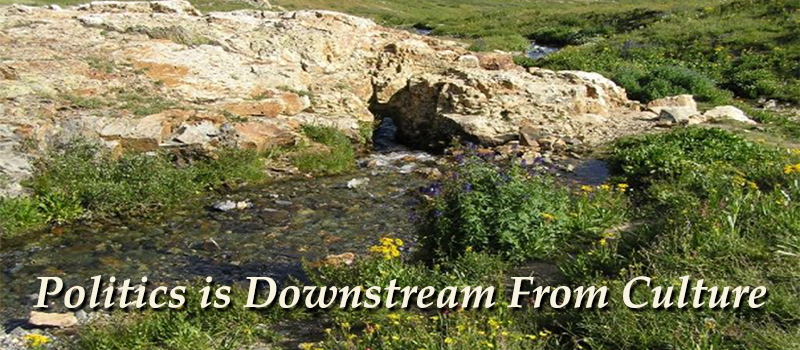Kerby Anderson
No doubt you have heard the phrase, “politics is downstream from culture.” It is a way of explaining that what is at stake in our world often begins upstream in the culture.
Popular culture is all around us and delivered to us through broadcast media and social media. We perceive the world through news reports, through movies, through entertainment programs, and through music. Every form of communication has a message. Sometimes it is blatant and intentional. Often it is subtle and not even perceived by the artist, actor, musician, or broadcaster. He or she may simply be telling a story but that story comes from a worldview perspective.
A wise and discerning Christian should frequently ask, what message is being delivered? Is the viewpoint true or false? How does it line up with biblical principles? But let’s face it, many of us merely accept what we read, see, and hear uncritically.
And that brings us to politics. We are bombarded by messages every day. Most Americans watch lots of television, listen to a fair amount of music, and visit various websites. Unless they are approaching all of this entertainment with lots of discernment, they will begin to accept the worldview perspective of the writer, the actor, the director, the musician who controls the story and the perspective.
Most of these stories come from a liberal, secular viewpoint that becomes easier to embrace. If someone stood before you and lectured you about abortion, homosexuality, or gender identity, your guard would be up. But if these stories portray liberals, feminists, and gays in a positive light, they get into our head and emotions. And if they portray conservatives and Christians in a negative light, the same thing happens.
All of this to say, we need to pay attention to popular culture, because politics is downstream from culture.
 Listen Online
Listen Online Watch Online
Watch Online Find a Station in Your Area
Find a Station in Your Area










 Listen Now
Listen Now Watch Online
Watch Online
